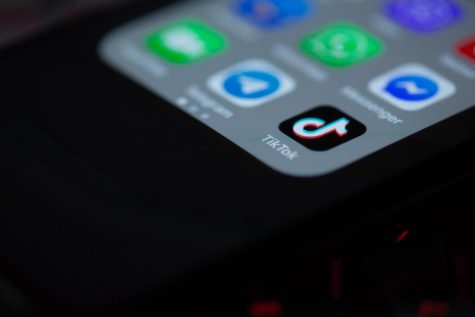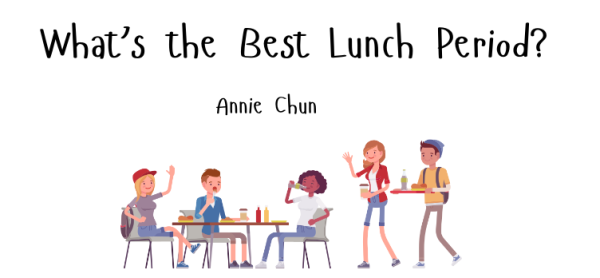Reality vs Fantasy
“While the filter is not forced, it is up to TikTok users to reject it and ultimately differentiate fantasy from reality.”
TikTok is a music-based app where users can create short videos ranging from three seconds to 10 minutes long. While the videos serve as a platform to create authentic, unedited videos, interactive filters have been added to the app to create a more playful atmosphere. Filters such as sunglasses, changing of hair color and guessing games are some examples of the fun additions. However, newly released filters have resulted in some controversy. These beauty enhancing filters not only include makeup, but change the individual’s facial structure. This further enforces unrealistic beauty standards and sparks questions regarding if the filters are enabling them.
Released in February, Bold Glamour, a newikTok filter, has generated quite a buzz. The video filter has been used over 400 million times since its initial release. This filter has been the center of controversy discussed on various news programs. NPR news stated, “experts say it uses advanced artificial intelligence to remold a face into something entirely new. Noses are thinned, chins are more sculpted, cheeks are raised and eyes are brightened, as a process known as machine learning remaps people’s faces.”
Despite the filters’ innocent use, users are unaware of the consequences that may follow. The filter can target insecurities and change a person’s self image. Technology is rapidly advancing, and while editing apps like Facetune are widely known, Bold Glamour does not get glitchy if your face moves in a video. Due to it being difficult to detect when the filter is being used, a TikTok spokesperson asserted in order to ensure authenticity, “videos on the platform mark when users create content using filters like Bold Glamour.”
TikTok is used throughout all ages. Whether or not parents filter what their children consume, it is evident that younger generations are at risk to the various impacts the app carries. While the filter is not forced, it is up to TikTok users to reject it and ultimately differentiate fantasy from reality.





